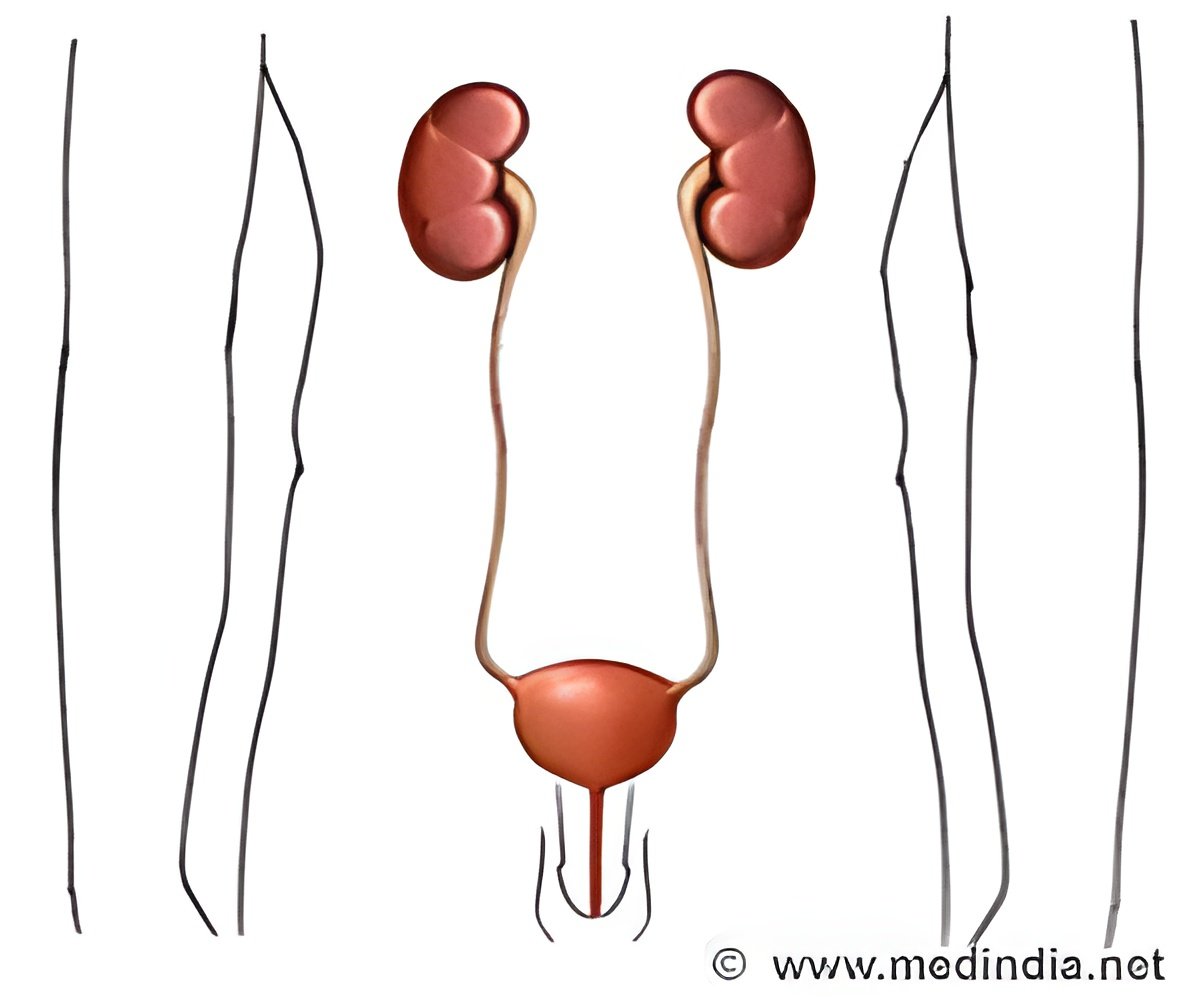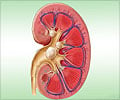Wives of six Indian construction workers in UAE are taking a radical step of selling their kidneys in order to raise over 1.5 million rupees ($27,286).

The workers, all from Andhra Pradesh's Karimnagar district, and had migrated to the UAE for work. They were working before becoming involved in the case.
The families of the workers say they believe the men did not get adequate legal aid and so have taken recourse to a UAE law under which relatives of the deceased may pardon the accused by receiving compensation or "blood money" in return.
"No one helped us when we tried to find out. We do not know how much longer this will continue. So, we are offering to sell our kidneys to buy their freedom," said wife, Reshma.
Unable to raise the sum of money required and lamenting the fact the authorities have offered no help, the wives have approached the State Human Rights Commission (SHRC) for permission to sell their kidneys.
"We have written to the prime minister and the chief minister asking for money from their relief funds. But, we've received no help. As a last resort, they approached the State Human Rights Commission (SHRC) for permission to sell their kidneys and free their husbands, but there has been no response so far," said M. Bheem Reddy, vice president for the Migrants Rights Council (MRC).
Advertisement
"If they are selling their kidneys out of despair, the government should take notice. On getting the full facts of the issue, I will write to the chief minister and the prime minister. If women in our country are reduced to a state where they need to sell their kidneys to sustain their families, it is very unfortunate," said Mamta Sharma, chairperson for the National Commission for Women (NCW).
Advertisement
Source-ANI










